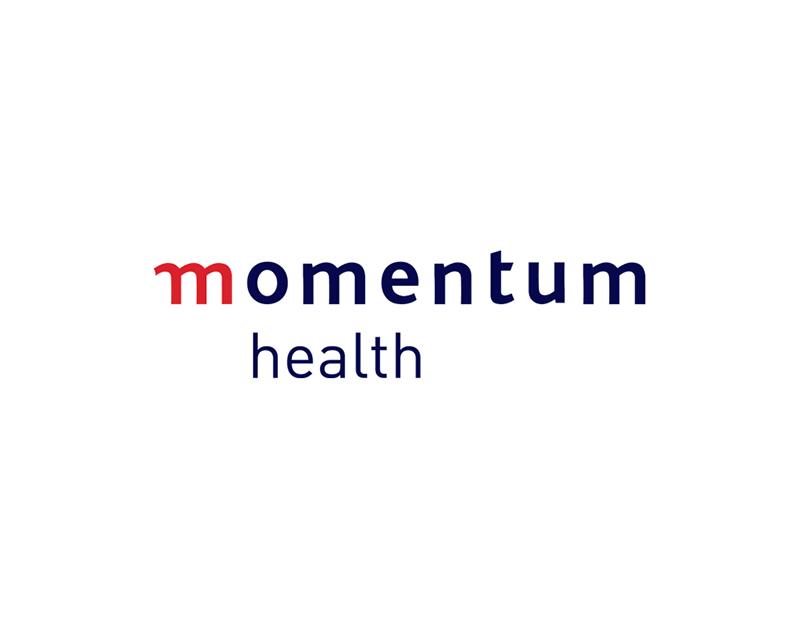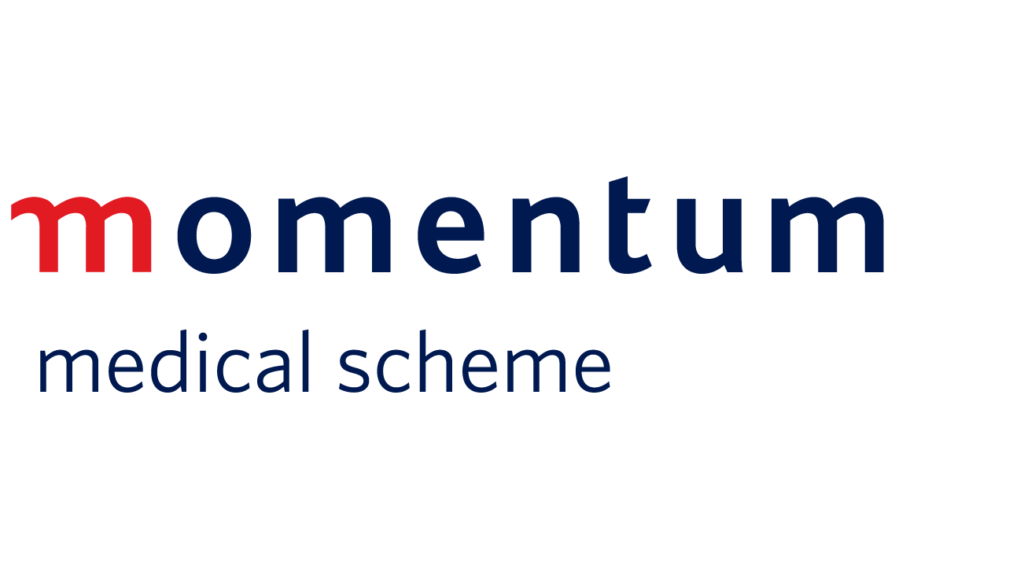Does your medical aid policy cover inpatient addiction treatment and a medically supervised detox for the duration you need?
Medical Aid Coverage For Addiction Treatment And Detoxification

Momentum Medical Aid, a leading healthcare provider in South Africa, offers comprehensive coverage for addiction treatment. This includes up to 21 days of treatment, incorporating a 3-day medically supervised detoxification. This extensive coverage is designed to ensure our members receive the necessary support and care.
Momentum Medical Aid covers various types and durations of addiction treatment. Some plans may cover complete treatment programmes, including detox, inpatient rehab, and certain outpatient services, while others might limit the number of treatment sessions or length of inpatient stays.
At Changes Addiction Rehab, our highly skilled multidisciplinary team, with their extensive experience and dedication, ensures our patients receive the best possible treatment for their substance use disorders. This expertise is a source of confidence and reassurance for our patients, supporting them in their journey to sustained long-term recovery.
Momentum Medical Aid was founded in the 1990s. It aimed to provide its members with affordable medical aid and hospital plans.
The company is known for its creative and innovative approach. Over the years, it has expanded its network of doctors and hospitals. It introduced wellness programmes and rewards for healthy living to encourage its members to lead a healthy lifestyle and save money.

Understanding Addiction Treatment
Addiction Treatment is aimed at treating substance use disorders in safe and controlled environments, ensuring the best possible outcome for individuals to overcome and live a life that is conducive to recovery.
Treatments Covered By Momentum Medical Aid
Substance use treatment covers a wide range of addiction dependencies. Common substance dependencies include alcohol, prescription medication, cocaine and opioids.
Alcohol abuse affects a significant portion of the population in South Africa. Drug addictions, marijuana, mandrax and marijuana are also of concern.
At Changes Addiction Rehab, we address all substances that are abused, including co-occurring disorders.
Types Of Substance Abuse Treatments
Rehab treatment comes in various forms to treat different needs and levels of severity.
Inpatient rehab treatment is the highest level of substance use treatment and typically lasts between 21-28 days, which includes a 3-day medically supervised detoxification. Residential rehab facilities are controlled and highly structured environments that offer round-the-clock care. At Changes Addiction Rehab, our patients receive programs tailored to their specific needs by our multidisciplinary team, who specialise in addiction.
The outpatient rehab program offers support after patients complete their inpatient rehab program. Outpatient allows individuals to attend to their daily responsibilities, such as work and school, while still receiving treatment and support for their substance use disorders. At Changes Addiction Rehab, our program runs in the evenings from Monday to Friday.
Counselling and therapy form a crucial part of addiction treatment. These may include individual, group, or family sessions. Cognitive-behavioural therapy is a common approach used to address addiction-related thoughts and behaviours.

Coverage For Addiction Treatment By Momentum Medical Aid
Momentum Medical Aid covers substance use disorder treatments, but the extent of coverage will depend on the plan chosen by the member.
Extent Of Coverage
Momentum Medical Aid covers substance use disorder treatments, but the extent of coverage will depend on the plan chosen by the member.
Momentum understands the severity of substance use disorders and the benefits treatment has to offer. The treatment coverage offered typically covers inpatient rehab and specific outpatient services.
Drug abuse rehabilitation is covered by Momentum Medical Aid for up to 21 days, including a 3-day medically supervised detoxification at approved facilities.
Momentum extends coverage to certain outpatient services depending on the plan chosen by the member. However, the entire outpatient program is not covered.
Lastly, Momentum covers counselling and group therapy sessions, but the number of sessions will vary depending on the plan and its benefits. High-tier plans typically offer more extensive benefits for addiction treatment rehabs.
Limitations And Exclusions
Treatments included for coverage commonly include:
- Residential inpatient rehab
- Outpatient Rehab
- Counselling
- Group Therapy
- Detoxification from drugs and alcohol
Exclusions may include:
- Alternative forms of therapy
- Out-of-network facilities
- Luxury rehabs
Members are advised to check their specific plans for their benefits, limitations and exclusions.
 Claims Process For Momentum
Claims Process For Momentum
Claiming from Momentum Medical Aid is a straightforward process; members should take the following steps:
- Gather necessary receipts and supporting documentation from the facility, including their practice number, your ICD-10 code and the date of admission.
- Submit the claim with the supporting documentation through the Momentum App.
Eligibility Requirements
To access coverage for drug and alcohol treatment, Momentum Medical Aid requires its members to meet specific criteria.
Membership Criteria
Momentum Medical Aid is legally required to cover addiction treatment according to the prescribed minimum benefits (PMBs). To be eligible, a member must have an active plan without ceasing to pay.
New members may have a waiting period before access to their treatment benefits.
Admissions Process In Changes Addiction Rehab
Members of Momentum Medical Aid can call us at Changes Addiction Rehab, where we will direct you to our admissions department.
From there, our admissions department will begin the pre-authorisation process on your behalf. All we will require from you are your ICD-10 codes for your specific addiction and any necessary or relevant medical documentation.
We will phone Momentum and provide them with your information and our facility’s practice numbers; from there, you will be ready to come in and start your admission into our rehab.

Momentum Medical Aid recognises that addiction treatment is a crucial aspect of healthcare that many people in South Africa need, which is why they offer a multitude of plans that provide comprehensive coverage for substance use disorders.
Members can benefit from additional coverage for counselling therapy and group sessions, ensuring they receive the necessary treatment.
At Changes Addiction Rehab, we have partnered with Momentum to ensure their members receive quality treatment for their substance use disorders from our highly skilled clinical team. Call us today to start your pre-authorisation process.
Does Momentum Medical Aid Cover Behavioural Addictions?
Yes, but not at inpatient drug rehabilitation centres. Members will need to receive pre-authorisations for psychiatric facilities.
Do I Need A Referral Letter From A Doctor To be Covered By Momentum To Be Covered For Drug Rehab?
No, you only need to be approved through a pre-authorisation process.
Does Momentum Medical Aid Cover Inpatient Rehab Treatment More than Once A Year?
No, Momentum only covered up to 21 days of inpatient drug rehab per year, running from January to January.
Does Momentum cover inpatient addiction treatment and detox?
Yes. Addiction rehabilitation is included in the mental health/in-hospital benefit. Momentum allows up to 21 days per year for in-hospital mental health admissions, which includes substance abuse treatment.
What outpatient or therapy benefits does Momentum provide for addiction?
Momentum covers outpatient psychotherapy sessions (up to 15 sessions) for prescribed minimum benefit (PMB) conditions, such as substance use, when approved.
What is required for pre-authorization with Momentum for rehab treatment?
You need to submit a motivation, ICD-10 codes, DSM forms / assessment, and a treatment plan. The request must go through their in-hospital mental health authorization channels.






